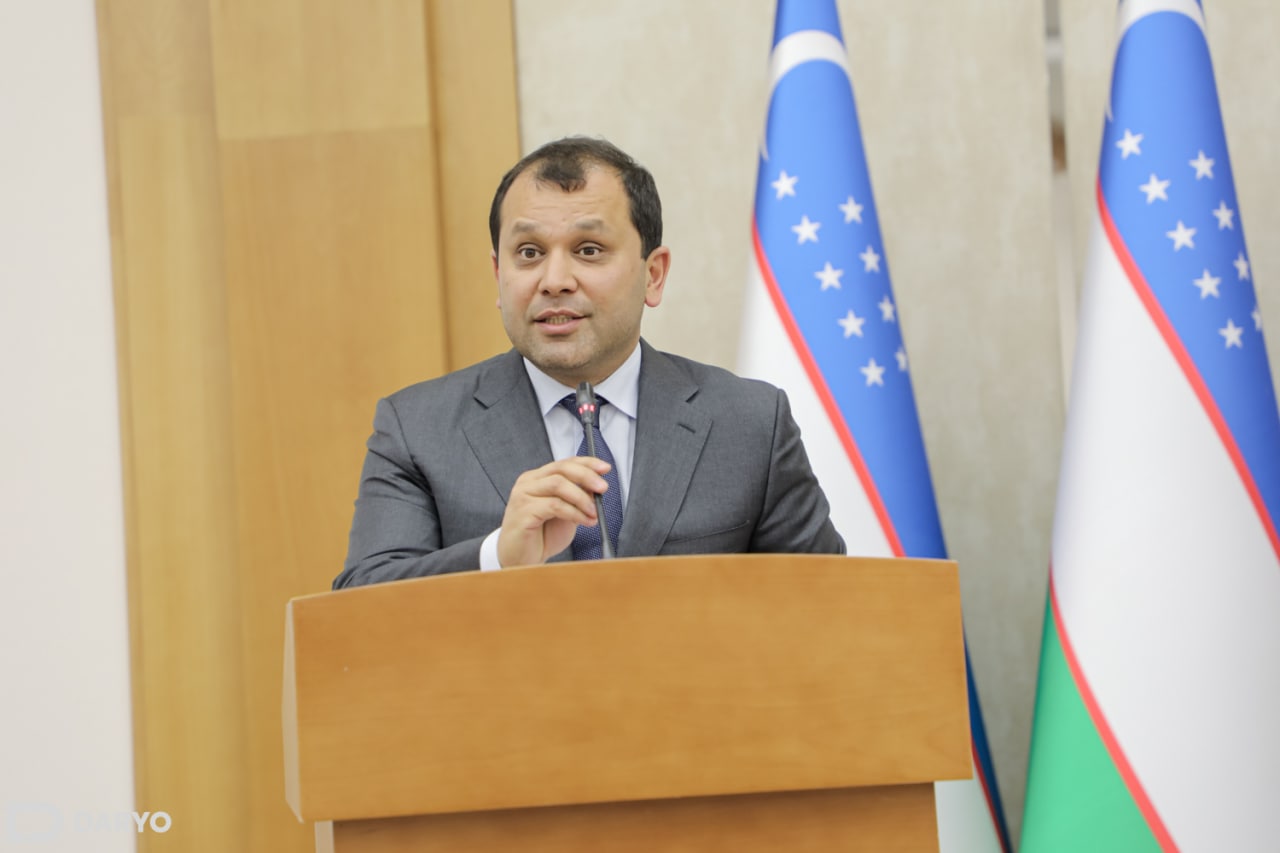The Technical Director of the Jizzakh Battery Plant has suggested implementing a fee for the utilization of batteries imported into Uzbekistan. This proposal has sparked various discussions on social media. Davron Vakhabov, Chairman of the Chamber of Commerce and Industry, addressed the situation, noting that the issue has been thoroughly studied.

Vakhabov explained that an examination of global practices regarding electric car imports revealed that many leading countries impose additional duties on electric cars manufactured in China to protect their domestic economies. For example, the notary fees for these vehicles, in countries that are members of the World Trade Organization, are set as follows:
- 102.5% of the car's price in the United States
- 38.1% in the European Union
- 50% in Turkey
- In Brazil, 10% in 2024 and 35% from 2026
He also pointed out that in Turkey, the imposition of additional duties ranging from 10% to 50% on Chinese electric cars prompted BYD to decide to build a $1bn plant in the country.
Maintaining zero-level tariffs could result in a mass influx of Chinese electric cars without quality service or guarantees. According to AlixPartners, a consulting firm, only 19 out of 137 electric car manufacturers in China are expected to remain profitable by 2030. Bankrupt companies may attempt to export their electric cars to countries without customs duties. Consequently, consumers in these countries may face high costs due to purchasing electric cars that are not suitable for local conditions and lack quality service.
Battery recycling is a global issue, and there are currently no projects in this direction in Uzbekistan. Vakhabov emphasized that tariffs for electric cars should be equalized with those for hybrid cars, funds should be established for battery recycling projects, and new technologies should be attracted.
In 2019, electric vehicles imported into Uzbekistan were exempted from customs, excise, and motor vehicle taxes. In November 2021, green number plates were introduced for electric vehicles by the Ministry of Internal Affairs, Department of Public Security, and Road Traffic Safety Service. According to a presidential decision, the production capacity of electric and hybrid cars in Uzbekistan will be gradually increased to 500,000 units per year by 2024.
Follow Daryo's official Instagram and Twitter pages to keep current on world news.
Comments (0)